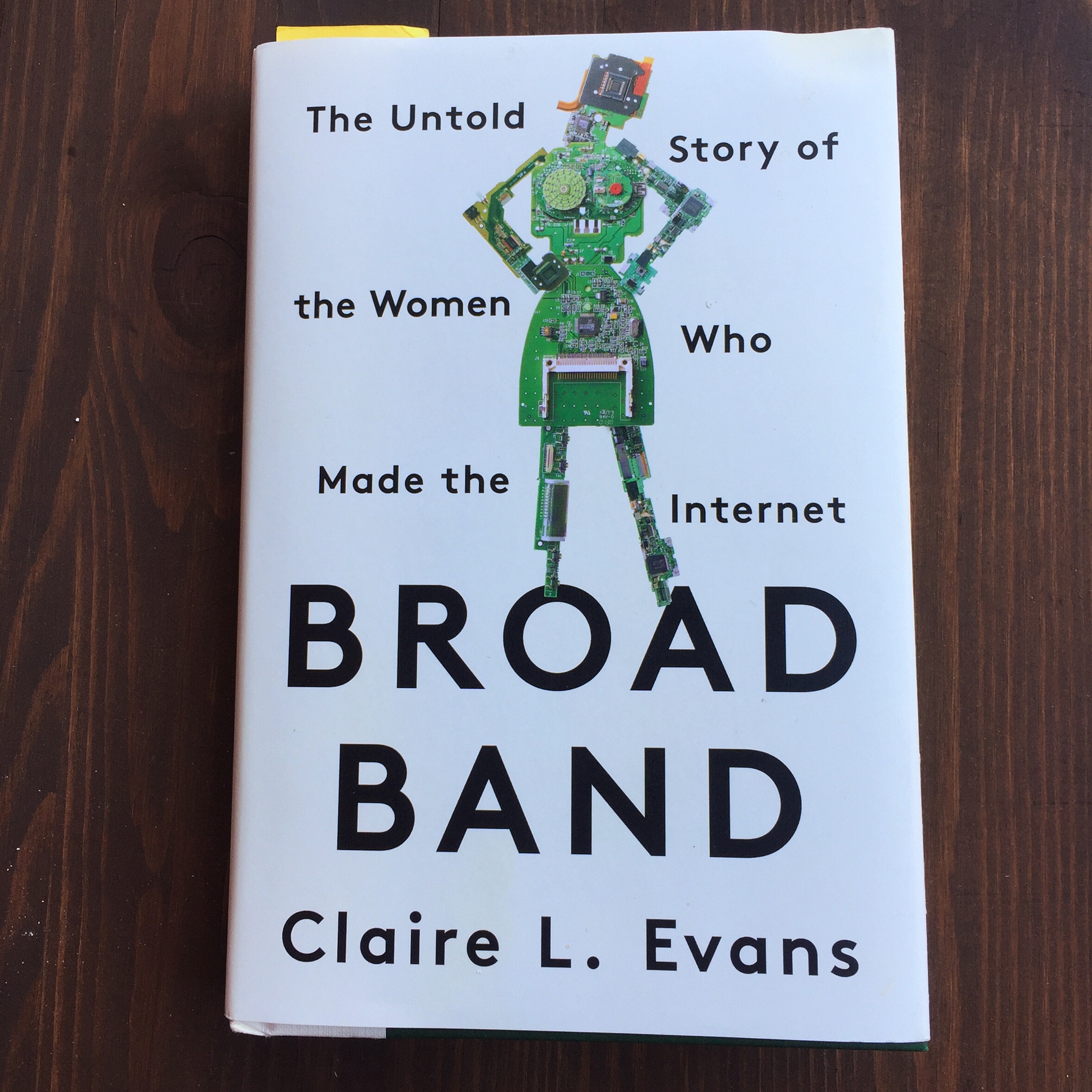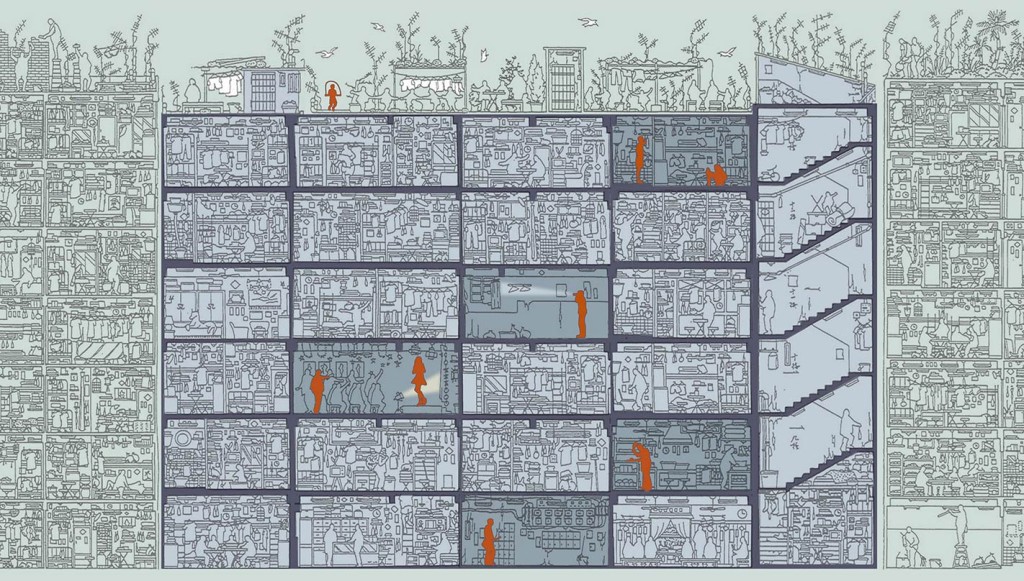From Requiem For Early Blogging:
[I]f you wanted people to read your blog, you had to make it compelling enough that they would visit it, directly, because they wanted to. And if they wanted to respond to you, they had to do it on their own blog, and link back. […]
I think of this now as the difference between living in a house you built that requires some effort to visit and going into a town square where there are not particularly rigorous laws about whether or not someone can punch you in the face. Before social media, if someone wanted to engage with you, they had to come to your house and be civil before you’d give them the time of day or let them in.
This made me laugh, but it’s true.
I used to have comments enabled here back in the day, and often had interesting discussions with people. It became a lot to maintain though. I sort of regret completely nuking that database table at one point, mostly because I’d like to see some of those conversations again.
Have considered adding some sort of Bluesky, AT Proto or other indieweb commenting, but not really active enough anywhere at the moment to warrant it. Edit: Seems like I can just add an Autoblue comments block to the post and it will render replies, but might need to stick it directly in old templates.



